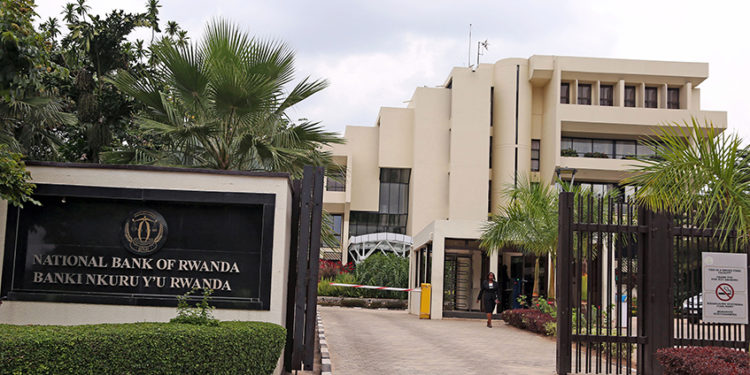Rwanda’s central bank unleashed its biggest interest-rate hike in more than 13 years as runaway inflation caused it to revise its forecasts upwards.
The monetary policy committee increased the key policy rate to 6% from 5%, Governor John Rwangombwa said in the capital, Kigali. That’s the most since January 2009 and takes the cumulative rate increases for this year to 150 basis points.
The MPC decided to hike to avoid second-round inflation effects and expects the increase, together with other measures coming from the government, to bring the rate of price growth back within the central bank’s target range of 2% to 8% in the second half of next year, the governor said.
Annual urban inflation in Rwanda quickened to 15.6% in July, its highest level in at least 12 years, as the prices of bread to vegetables surged. It’s also breached the central bank’s target range for four months.
Price pressures in the East African nation have been building since Russia’s invasion of Ukraine exacerbated pandemic-induced breakdowns in supply chains that are unleashed monetary-policy tightening across the world — including in the US — at a scale last seen in the 1980s to cool runaway inflation propelling the dollar higher.
The Rwandan franc has been trading at record lows and weakened almost 2% against the dollar since March. High inflation has prompted the government to cut gasoline taxes to rein in prices.
Inflation is projected to average 12.1% in 2022, compared with the 9.2% forecast in May.
The hike aligns Rwanda with regional peers such as South Africa and Egypt, which have increased rates by 100 basis points or more to subdue inflation and halt a sell-off in their currencies.
Rwanda’s economy, which earns most of its revenue from tea and coffee exports and tourism, is expected to expand 6% this year, the governor said.
Read also; Rwanda Hikes Fuel Prices Despite Government Subsidy.




